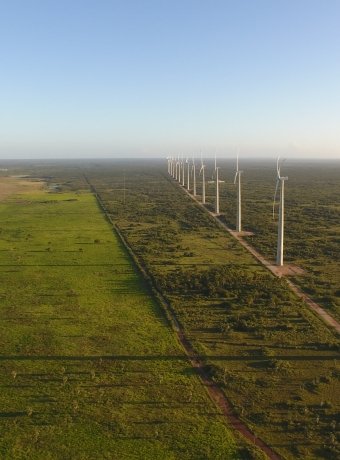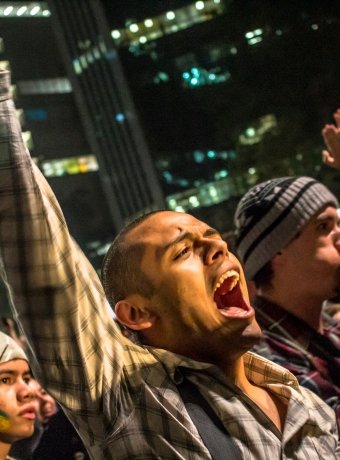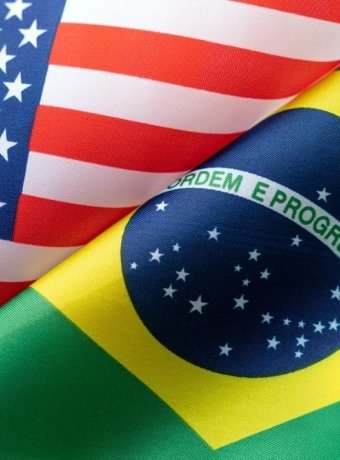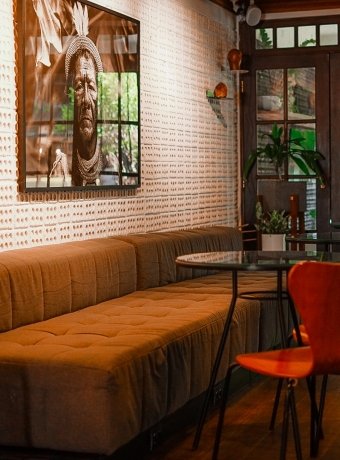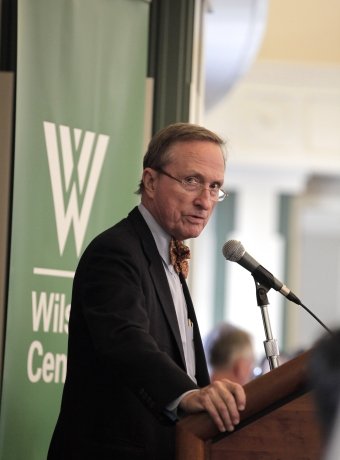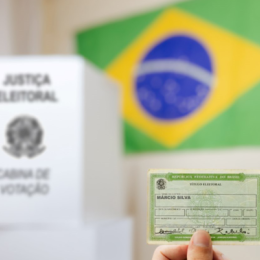
Brazil Institute
The Brazil Institute—the only country-specific policy institution focused on Brazil in Washington—aims to deepen understanding of Brazil’s complex landscape and strengthen relations between Brazilian and US institutions across all sectors.

Recent Insight & Analysis
Learn More
Posted date/time:

Dengue Haunts South America’s Summers
Posted date/time:

Rubio and Regional Supply Chains
Posted date/time:
Our Priorities
2025 Flagship Initiatives


Brazil Institute Podcast
Navigating Digital Regulation: Accountability and Rights in Brazil

Brazil Institute Podcast
Shaping Brazil’s AI Future
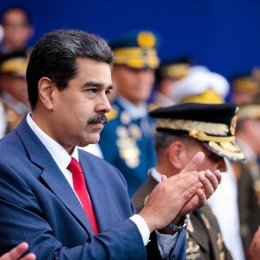
Brazil Institute Podcast
Inside Venezuela: Lula, Maduro, and the Fight for Democracy
Brazil Builds Blog
The Brazil Institute's 'Brazil Builds' strategy aims to create actionable ideas and research to accelerate and contribute to creating a road for progress. This blog is a space to share ideas and thought leadership about Brazil and how we can build a stronger country and US-Brazil relationship.
Learn More
Posted date/time:
More on the Brazil Institute Past Initiatives
-
Brazil 100
-
FAPESP Week
-
Cities in Play (Cidade em Jogo)
-
Congressional Study Missions on Innovation
-
Accessing Justice: Femicide and Gender-Based Violence in Latin America
-
G20 DIalogues

